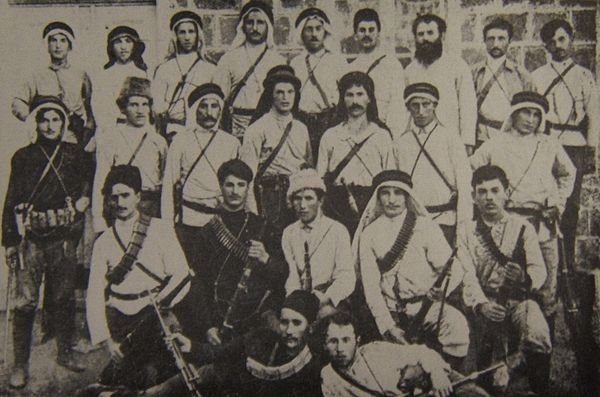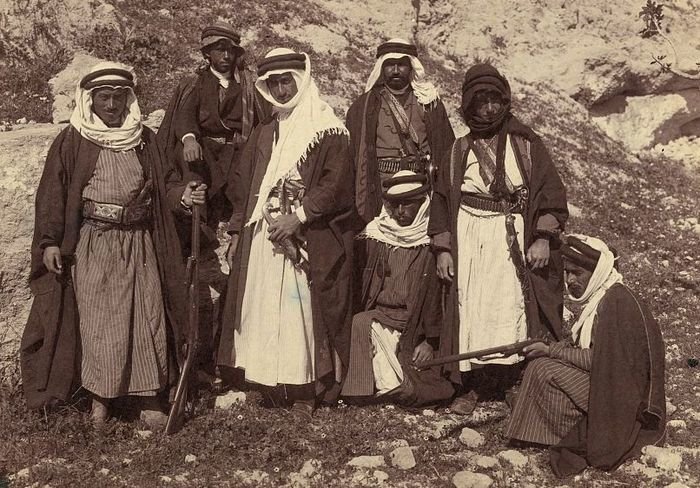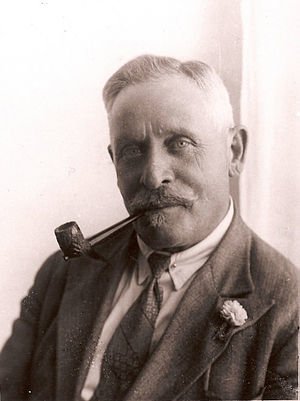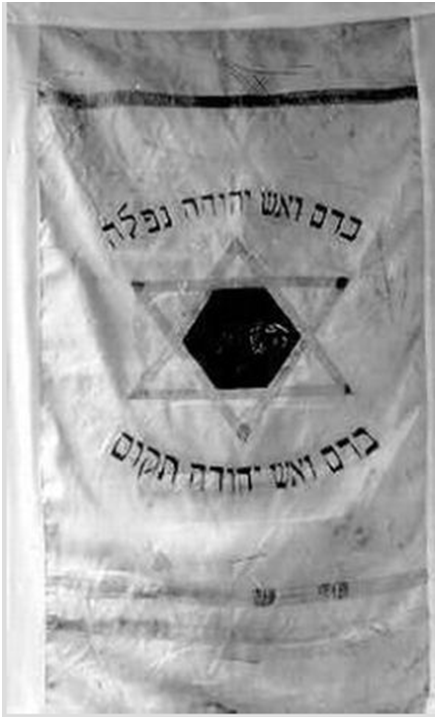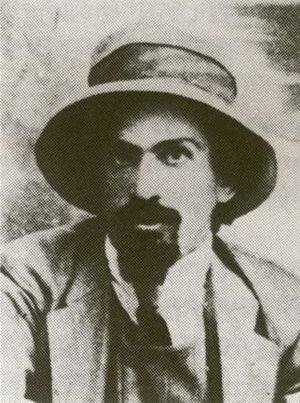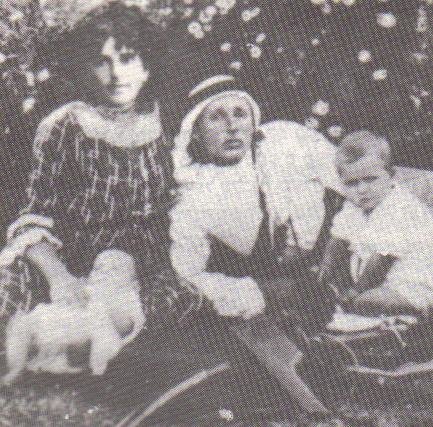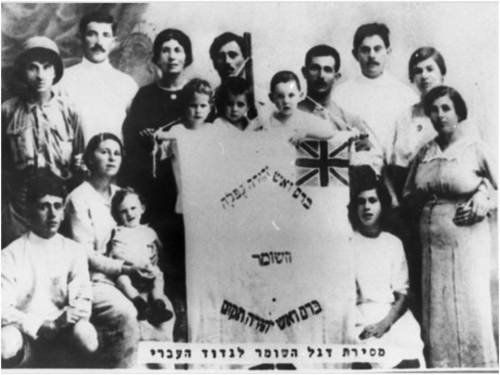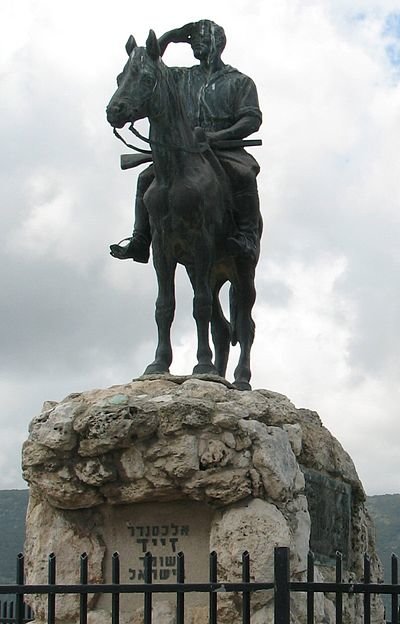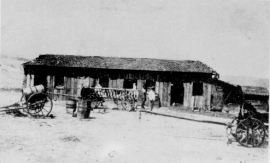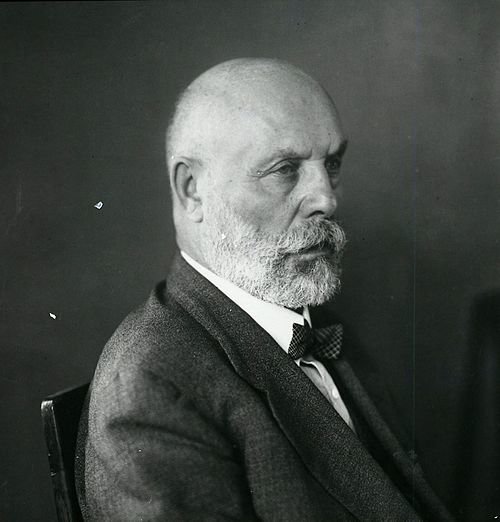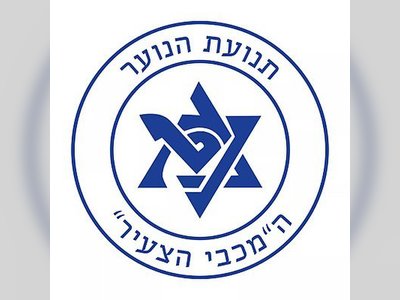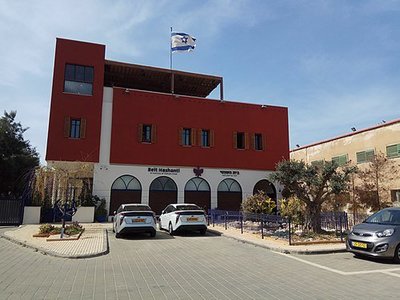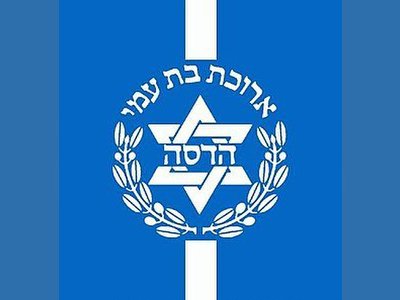"HaShomer: Guardians of the Jewish Settlement in Israel (1909-1920)"
HaShomer, a defense organization in the Jewish settlement of Eretz Yisrael (the Land of Israel), operated between 1909 and 1920. Founded by members of the Bar Giora organization, its primary objectives were "the conquest of guarding" and "the conquest of labor." This entailed learning the craft of agriculture and various professions and prioritizing Jewish employment over non-Jewish labor.
At its peak in 1913, the organization had about 100 members and employed around 300 Jewish laborers, concentrating its efforts in 13 settlements across the Land of Israel.
After HaShomer disbanded in 1920, its members played crucial roles in establishing the Haganah, the underground kibbutz defense organization, contributing significantly to the foundation of the Palmach and the Israel Defense Forces. The legacy of HaShomer is deeply rooted in Zionist history, characterized by its principles of "conquest of labor" and its role as a protective force in establishing Jewish settlement in Eretz Yisrael.
The Challenges of the Early Settlements:
During the First Aliyah (1881-1904), approximately 20 settlements were established throughout Eretz Yisrael. While these settlements succeeded in laying the foundations for Jewish settlement in the land, they faced severe economic difficulties. Shortly after their establishment, they had to rely on donations, particularly from the well-known philanthropist Baron Edmund James de Rothschild, as the management of many settlements shifted to his appointees.Some settlements had reasonable relations with their Arab neighbors, but they also suffered from hostility, attacks, and theft. One of the main reasons for these conflicts was land disputes, as many of the settlement lands were purchased from wealthy urban Arab families, known as "Effendis." Before the land sales, these lands were leased to local tenants known as "Arissim."
These tenants, fearing that the Effendis had unlawfully taken their lands, viewed the Jewish settlers with suspicion, fearing dispossession. Additionally, conflicts arose with Bedouin tribes, who often disregarded property and water rights, leading to disputes over land use and access to wells for watering livestock. Moreover, since the Ottoman central authority generally opposed Jewish settlement in Eretz Yisrael, many viewed the Jewish settlers as "children of death," and their property as open for taking.
The Emergence of Self-Defense:
The confrontations and the wave of thefts prompted Jewish settlers to organize for self-defense, initially relying on members of the settlements. Over time, settlements began employing local residents, including Arabs, Circassians, and Maghrebi Jews, for guarding purposes. With settlements transitioning to the administration of Rothschild's officials, the recruitment of Arab guards became more common. In an effort to prevent conflicts, Rothschild's officials preferred to hire local Arab guards to ensure the settlements' security. Additionally, Rothschild's officials often resorted to bribery, known as "Baksheesh," to maintain peaceful relations with Ottoman authorities.The Influence of the Baron:
In 1900, Baron Rothschild decided to significantly reduce his support for the Jewish settlement in Eretz Yisrael and transferred the administration of the settlements to the Jewish Colonization Association (ICA). As a result, the years 1900-1904 marked a period of economic and social crisis for the settlements, leading to a decline in HaShomer's activities.The Second Aliyah and the Rise of Labor Zionism:
In 1904, following a wave of pogroms in Eastern Europe, the Second Aliyah, a significant Jewish immigration wave, began. The new immigrants brought with them a blend of immigration and emigration experiences, including tradition and faith, Jewish nationalism and Zionism, persecution, and refugee status in their countries of origin, as well as livelihood and employment plans.Some of these young Jewish immigrants, arriving in Eretz Yisrael without significant resources, aimed to establish settlements and support themselves. Many had socialist and revolutionary backgrounds from Russia and Eastern Europe. Several of them turned to the Zionist movement after becoming disillusioned with the prospects of a revolution in Russia, while others fled Eastern Europe after participating in armed defense against pogroms. Some were already affiliated with socialist Zionist movements, with the most prominent being the Poale Zion party.
The Birth of HaShomer:
In September 1907, a group of activists from the Poale Zion party decided to establish a clandestine organization named "Bar Giora" with the goal of conquering labor while safeguarding Jewish settlements. They secured security contracts in Safed and Tiberias. After about a year and a half of operations, faced with Arab hostility intensified by the "Young Turks" rebellion in July 1908, the need for Jewish guards grew. Members of "Bar Giora" decided to expand their activities within a broader framework.- השומרhe.wikipedia.org
